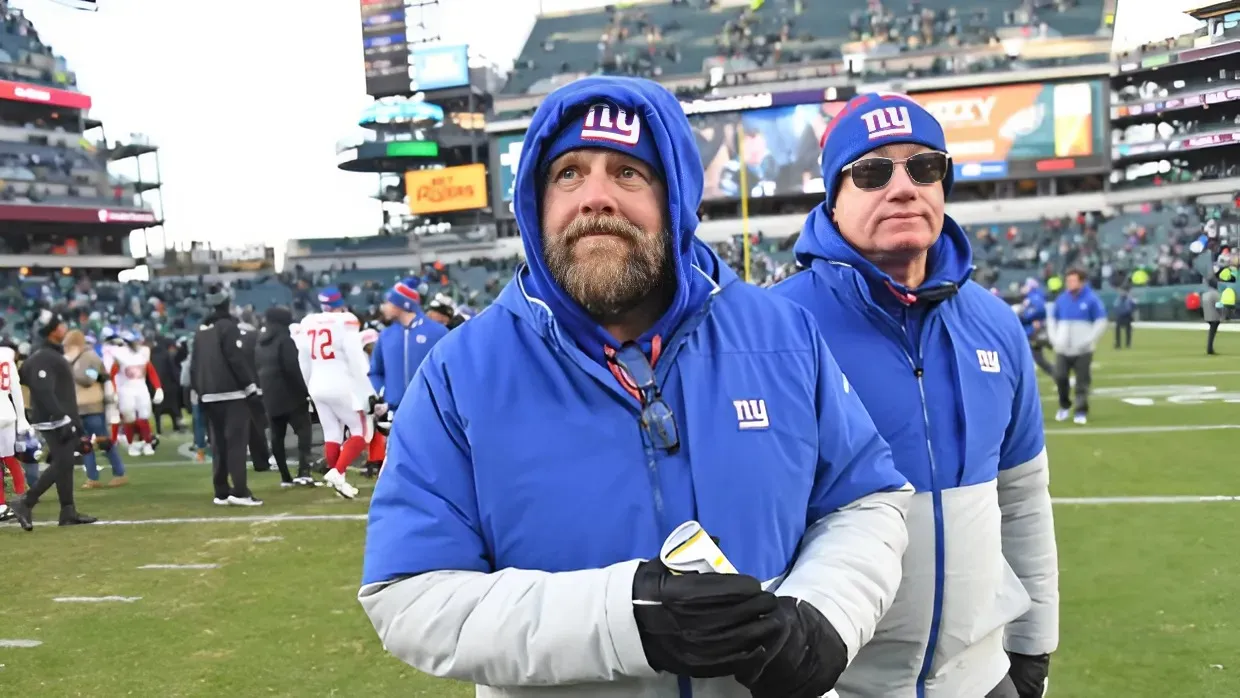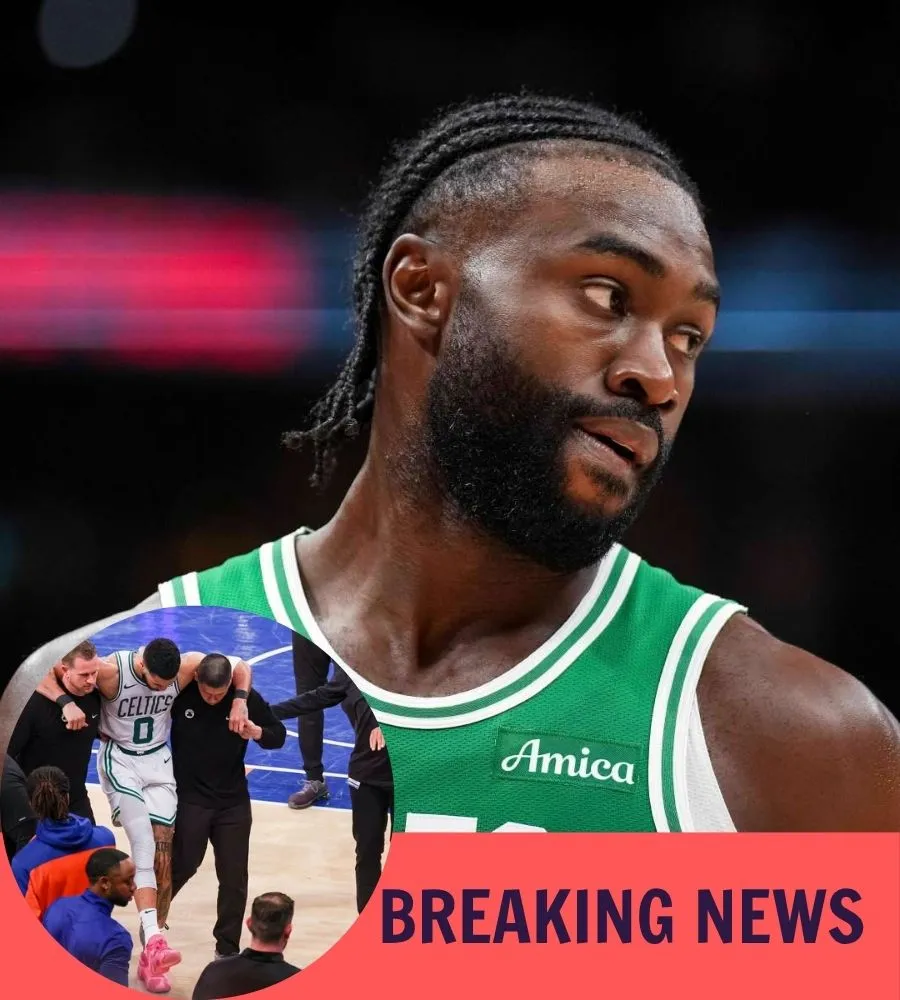
Jrue Holiday enters the 2025 offseason as the most widely reported Celtic who could move this offseason in an effort to dodge the second apron. His age, slightly diminished productivity in 2024-25 and the clear value he could provide to ascending or contending teams all make it plausible he could become the one to go. Holiday exited the season after a solid playoff run, albeit one limited by a hamstring injury, hopeful that the Celtics can continue to contend for championships and hopeful he’ll be part of it.
He signed an extension in 2024 that carries through a player option in 2028 worth three-years, $104.4 million.
“I think we still have a really, really great opportunity, and a great window to be successful and win a championship again,” Holiday said last week. “I think the talent that we have, not only on the court, but the coaching staff, all the way up to Brad has been amazing. The opportunity to win is now and I still want to be part of it.”
Jake Fischer reported that Boston might have to attach draft capital to Holiday due to the long-term nature of his contract. The length of the deal did feel bold at the time, beginning in his age-34 season where he had a $37.3 million player option. It’s possible the Celtics knew he would decline it and explore free agency. It’s also feasible that the team wanted to reap the benefits of reducing his salary to $30 million for immediate tax benefits in exchange for guaranteed money later. Holiday benefited from that for obvious reasons. Boston allowed itself to run back a championship roster and have control over his future, whether they wanted to trade him or retain him.
Yet one thing that became evident since the new CBA began is the power of an expiring contract. The Clippers let Paul George go and utilized those savings on quality role players. Sign-and-trades along with recovering draft assets while moving on from guaranteed long-term money like Holiday’s could prove more rare this decade.
Holiday’s salaries aren’t exorbitant as a percentage of the cap. He’ll make roughly 20% of the NBA salary cap over the next three seasons. Other players who make that percentage now include Devin Vassell, Jerami Grant, Nic Claxton, Miles Bridges, John Collins and Andrew Wiggins. Considering his defensive skill set, his impact doesn’t fall far below those players, but it’s not clear who he’ll be at 37 after an injury-filled year.
That’ll inevitably limit the number of teams interested in him this season, along with other rivals potentially becoming interested in downsizing their payroll. Other contenders might look to stars like Giannis Antetokounmpo before considering a Holiday-level addition. The Celtics will need to exercise some patience.
There are some suitors who make sense, and even some trades where Boston could avoid sending out draft compensation. As we wrote here previously, the Celtics don’t have the maximum flexibility with their future first round picks, so they’ll need to exercise some caution in when they deal them and for what. Boston doesn’t need to dive below the apron and luxury tax lines until the trade deadline, but the best opportunities for moving money come in the offseason.
They also won’t have much control over which opportunities emerge around the league. The Brooklyn Nets’ cap space will prove necessary to offload the greatest percentage of any contract the Celtics send out by re-routing money elsewhere.
Holiday remains a valuable player in Boston for winning and stability’s sake. They could carry any player, including him, into the season to assess this group’s chance of competing before deciding on their future later.


-1750212299-q80.webp)
